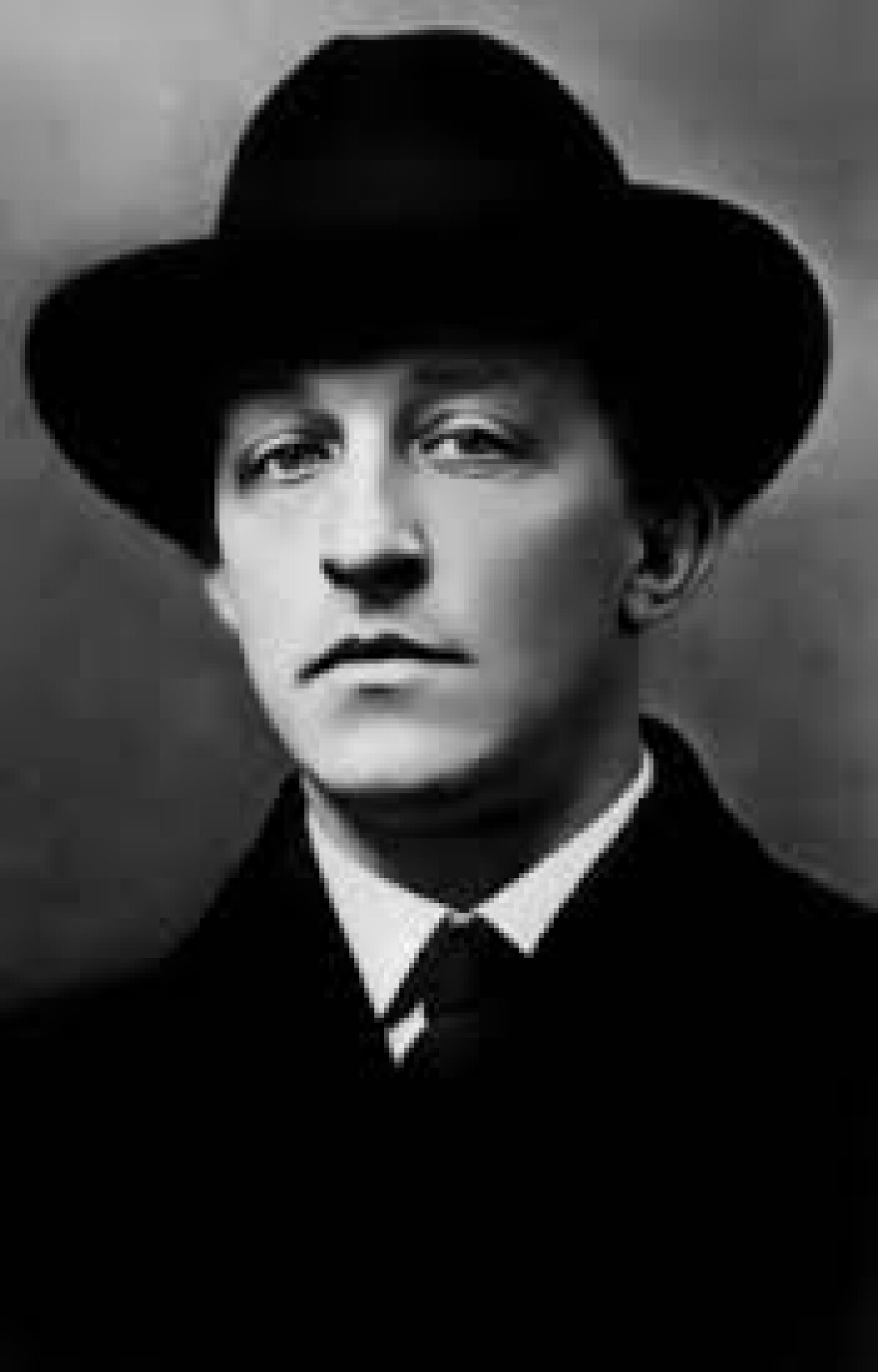Blok Aleksandr
Aleksandr Blok was born on November 28, 1880, in St. Petersburg. The son of a lawyer, musician and writer, he didn’t remember much of his father as his parents separated soon after his birth.
He grew up in his mother’s family, a richly intellectual milieu, where his talent and potential was generously indulged. His grandfather was the head of St. Petersburg University, while his grandmother, mum and aunts were writers and translators; the little boy was exposed to literature from the cradle.
In 1898 Blok entered the law faculty of St. Petersburg University, but three years later his predilection for literature overcame him, and he switched to Philology. By 1906 he was already a recognized poet.
Blok began writing verse at the age of five, but as he writes in his autobiography, his first serious work came at the age of 18.
His first efforts were inspired by the early 19th-century Romantic poetry of Vasily Zhukovsky and Aleksandr Pushkin. It wasn’t until he reached university that he learnt about Symbolism, a literary trend which became popular in the 1890s and later influenced Blok’s poetry and life.
He spent all his summers in the family’s country house in Shakhmatovo, an estate which neighbored the world-famous chemist Dmitry Mendeleev .
It was there that Blok fell in love with Mendeleev’s daughter, Lyubov, and married her in 1903. His first book called Verses about the Beautiful Lady (Stikhi o Prekrasnoy Dame, 1904) was dedicated to Lyubov and brought him fame. He was greeted enthusiastically both by patriarchs of the Symbolist movement and also the younger generation.
Blok’s early poetry, dedicated mostly to his ideal of a woman, is full of symbols and mysticism. It reflects an impressionistic view of the surrounding world. Rhythm, music and sounds were of huge importance to the him.
His next poetry collections differed markedly from his first one and depicted everyday life, revolutionary events, human psychology and tragic love, in works like Inadvertent Joy (Nechayannaya Radost, 1907), Snow Mask (Snezhnaya Maska, 1907), Faina (1906-1908), and Earth in Snow (Zemlya v snegu, 1908). By this time Blok was established as a leader of Russian Symbolism, though some of his peers accused him of betraying the ideals reflected in his first collection.
The poet’s later works mostly reflected his thoughts on Russia: its past and future, the path it chose and the drastic changes it was undergoing at that time. They included the collections Night Hours (Nochnye Chasy, 1911), Poems about Russia (Stikhi o Rossii, 1915), Motherland (Rodina, 1907-1916) and the epic Retribution (Vozmezdie, 1910-1921).
Aleksandr Blok died on August 7, 1921 in Petrograd (now St. Petersburg) of unknown causes, although it’s believed deep depression and nervous and physical exhaustion might have played their part. Some say that, along with his mysterious death, the old pre-revolutionary Russia was also gone.
Share:









